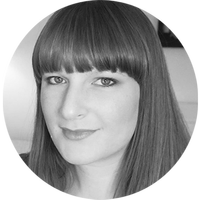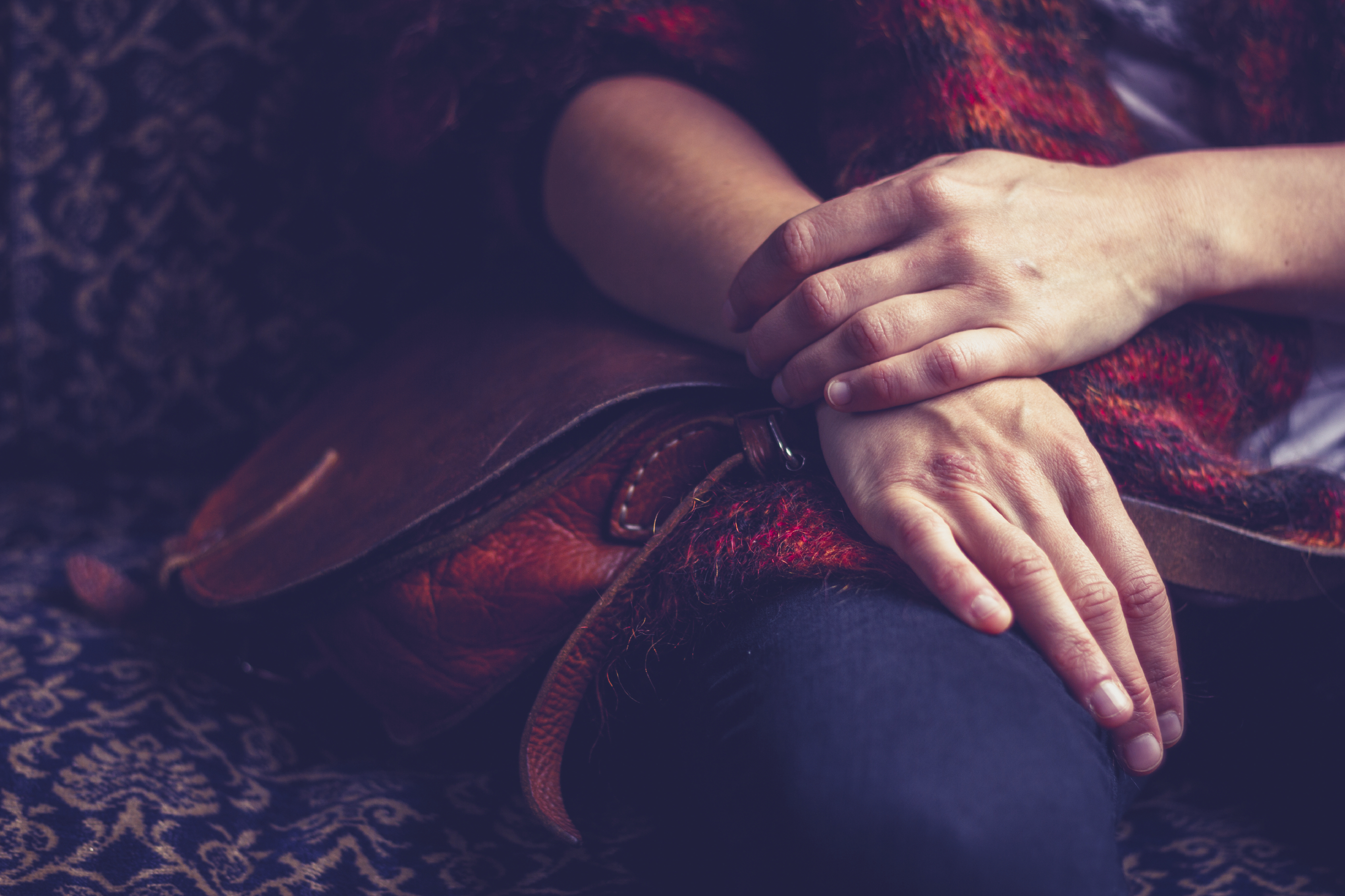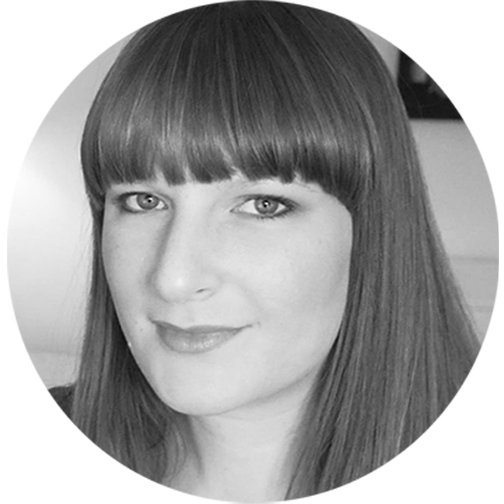What stops us from talking about miscarriage
I speak from experience


A free daily email with the biggest news stories of the day – and the best features from TheWeek.com
You are now subscribed
Your newsletter sign-up was successful
After Facebook founder Mark Zuckerberg wrote movingly about his wife's multiple miscarriages, many commentators hoped his openness would inspire more public, honest discussion of pregnancy loss. It's a conversation that's desperately needed. Sadly, I suspect most women who've had a miscarriage will continue to suffer in silence.
This is especially alarming when you realize that up to 25 percent of U.S. women will lose at least one pregnancy. It's almost mundanely common. Yet few talk to anyone — other than their doctor and partner — about their experience. It's an extension of the ugly etiquette of how women are expected to announce a pregnancy: Keep it secret until after your 12-week scan, just in case it doesn't work out and you have to deal with the intense sadness, plus the trauma and awkwardness of "un-telling" people.
But beyond grief and emotional discomfort, I think the hush that surrounds miscarriage is largely, secretly, to do with our fear of admitting failure. Revealing the loss of a pregnancy is a bit like explaining that you have a mental health problem, in the sense that sufferers often perceive it as a personal flaw.
The Week
Escape your echo chamber. Get the facts behind the news, plus analysis from multiple perspectives.

Sign up for The Week's Free Newsletters
From our morning news briefing to a weekly Good News Newsletter, get the best of The Week delivered directly to your inbox.
From our morning news briefing to a weekly Good News Newsletter, get the best of The Week delivered directly to your inbox.
In a society that's so achievement oriented, the failure to get and stay pregnant strikes at the very essence of what it is to be female. Women who miscarry — especially those who are successful, educated, and well off — come away feeling that they're bad at the one job nature gave them. And when they're busy ticking boxes and enjoying triumphs in most other arenas, who wants to talk about icky biological breakdown and risk the judgment that might come with it? Better just to work through it alone.
I know a bit about this because last November, I joined the 25 percent club. At my seven-week check-up, a kindly sonographer explained that the embryo I'd assumed would grow up to be our second child had no heartbeat. It had stopped developing at around five weeks into the pregnancy. First, I felt remarkably calm, like I could and should be very grown up about this. I knew at this stage the chances of something going wrong were high, and I could cope, rationally and methodically, with what needed to happen next. We'd try again in a few weeks — no big deal. Ten minutes later, I was sitting in another room waiting to talk to a doctor when a nurse who hadn't read my notes came in and congratulated me. I lost it — and didn't really find it again until some weeks after the unpleasant procedure that would remove my miscarriage.
Of course, my handling of the situation felt like a failure. Not only had I somehow messed up reproduction, I was now being overly dramatic about it. I'd had one tiny miscarriage early on in the game and was therefore at the lowest possible end of the pregnancy and baby trauma spectrum. I really shouldn't make a fuss, but fuss I did.
As it happens, I can't help but compulsively talk and make jokes about unpleasant stuff that has happened to me. Without really meaning to, I told more people than I'd planned about my miscarriage. Looking back, it was unquestionably cathartic and the right thing to do. The friends I told — some of whom I discovered had been through the same thing — were extremely kind about it. So, like everyone else talking about this issue right now, I wholeheartedly recommend opening up about miscarriage. It helps.
A free daily email with the biggest news stories of the day – and the best features from TheWeek.com
But I also understand why most women don't. I felt, from that first unfortunate exchange with the uninformed nurse, that by having a miscarriage I had let myself down. Of course, I also felt sadness at the loss, but lurking beneath all this was the irrational fear that people might secretly judge me for miscarrying. Perhaps they'd wonder what I had done to kill my baby. Or maybe they'd condemn me for how I'd dealt with it medically and emotionally. Of course, none of that happened.
Still, a low-level anxiety set in that didn't fully dissipate until I was pregnant again and had graduated from the first trimester miscarriage danger-zone.
Between pregnancies two and three, my mind went to some undesirable, mean-spirited places, (which I've also added to my inventory of personal failings) that even I didn't dare open up about. I wondered which of my mommy associates, many of whom were trying for a second baby, was pregnant. Could I manage to fake a smile as they made the big reveal? Would I be able to feel happy about any subsequent positive pregnancy test knowing that in a few weeks it might all go wrong? Could I deal with having that same awful procedure all over again?
So yes, I absolutely get why most people who experience a miscarriage are reluctant to talk about it, not to mention the myriad, and not especially pure-hearted, anxieties that crop up afterward. All we can do is give this unspoken aspect of pregnancy loss more attention. Ultimately, we need to take fertility off the success/failure spectrum, and learn to be kind to ourselves.
